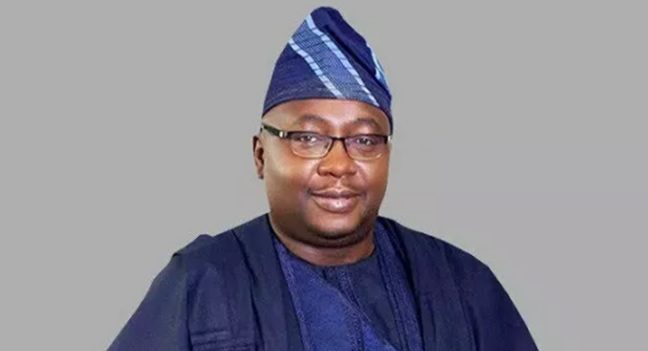The Minister of Power, Adebayo Adelabu, unveiled a groundbreaking proposal for the establishment of three gigawatts of solar energy sources across 25 states in the northern and southwestern regions.
This revelation came during a pivotal power sector stakeholders’ interactive dialogue organised by the House of Representatives Committee on Power, themed “Confronting Nigeria’s Power Challenge as the Nation Migrates to a Multi-tier Electricity Market: A Legislative Intervention.”
Emphasising the innovative nature of the initiative, Minister Adelabu underscored its potential to significantly mitigate the nation’s power woes. Encouraging state governments to participate actively in power generation initiatives within their jurisdictions, Adelabu highlighted plans to harness hydroelectricity for coastal cities, aiming to diversify the energy mix.
Concerns were raised over the ageing infrastructure of the national grid, with Adelabu stressing the urgent need for alternative backup sources to avert system collapses. He urged states to spearhead efforts in attract investments to revitalise distribution companies, thus ensuring a steady flow of capital to enhance electricity accessibility.
The dialogue, attended by Vice President Sadiq Wanka, acting on behalf of the Vice President, highlighted the pressing need for comprehensive reform in Nigeria’s electricity sector. With less than 20% of Nigerians having access to reliable energy for more than 12 hours daily and 45% lacking any form of electricity, the imperative for change is clear. The recently enacted Electricity Act of 2023, championed by President Bola Ahmed Tinubu, aims to revolutionise the sector by fostering competition, tailoring solutions to local needs, and attracting vital investments for sustainable growth.
In response to concerns regarding tariff determination, stakeholders emphasized the importance of consultations as mandated by the Electricity Act of 2024, to ensure fairness and inclusivity. The overarching goal remains the establishment of a resilient, efficient, and sustainable power sector capable of supporting the nation’s ambitious economic aspirations.
The shift towards a multi-tier electricity market represents a strategic pivot in reform efforts, promising enhanced efficiency, competition, and reliability. Drawing inspiration from successful international models, stakeholders advocated for phased implementation and continuous engagement to address the diverse needs of the population and maintain public trust.
Chairman of the committee, Hon Victor Nwokolo, reiterated the workshop’s objective to evaluate progress within the Nigerian Electricity Supply Industry and facilitate a seamless transition to a Multi-Tier Electricity Market. Through collaborative efforts, stakeholders aim to devise actionable strategies to overcome persistent challenges, fostering enhanced cooperation towards a vibrant and resilient power sector.
As Nigeria embarks on this transformative journey, hopes are high for a future powered by sustainable energy, driving economic growth and prosperity for all.



